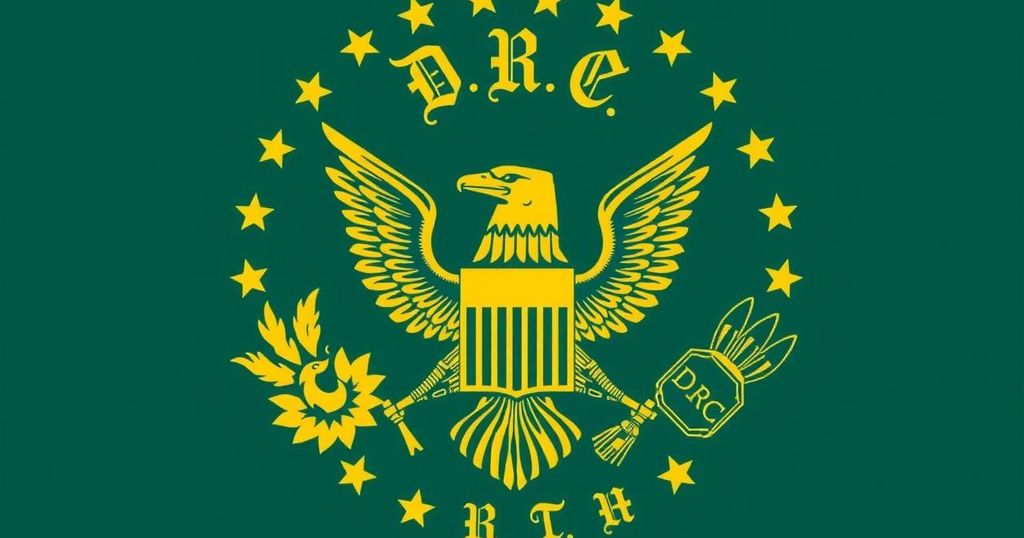DRC President Proposes Constitutional Revision Amid Political Controversy

President Félix Tshisekedi announced on October 23 that a commission will be established next year to revise the DRC’s Constitution, citing its weaknesses and the need for adaptation to current realities. This follows ongoing political delays and opposition concerns surrounding potential presidential term changes.
In a recent announcement, President Félix Tshisekedi of the Democratic Republic of Congo (DRC) expressed his belief regarding the necessity for a new Constitution. Speaking to enthusiastic supporters in Kisangani on October 23, he revealed plans to establish a commission next year tasked with addressing the proposed constitutional revision. The President critiqued the current Constitution, highlighting its inherent “weaknesses” and failure to adapt to the country’s prevailing realities. Furthermore, he noted the recurrent delays in government formation and provincial assemblies, attributing these issues to entrenched “selfish interests” within the political framework. The prolonged delay in the government’s swearing-in ceremony—nearly six months post-election—reflects the complexities of power-sharing among parties within the ruling coalition, indicating significant contention over ministerial representation. Judith Suminwa Tuluka, the DRC’s inaugural female Prime Minister, currently oversees a cabinet comprising over fifty ministers. The call for constitutional revision has become increasingly prominent within the ruling coalition, supported by the Secretary-General of the Union for Democracy and Social Progress (UDPS), President Tshisekedi’s political party. This sentiment aligns with a recommendation from the late Etienne Tshisekedi, the party’s founder, endorsing constitutional change. However, this initiative remains contentious, with opposition figures perceiving it as a maneuver for President Tshisekedi to extend his tenure in office. In response to concerns regarding potential changes to presidential terms, President Tshisekedi asserted that such matters should be determined by the populace rather than influenced by personal aspirations. The current Constitution, adopted in 2006 through a referendum, represents the third fundamental law of the DRC and was last amended in 2011. It epitomizes the progress sought by the 2003 national unity government, addressing the evolving political landscape of the nation.
The call for a constitutional revision in the Democratic Republic of Congo arises from ongoing political challenges and perceived inadequacies in the current governing framework. President Félix Tshisekedi, who is concluding his second term under the 2006 Constitution, has identified delays and conflicts within the political establishment as critical issues necessitating constitutional adaptations. As the nation grapples with the consequences of political infighting and the quest for effective governance, the discussion surrounding constitutional reform remains a polarizing topic, with strong opinions expressed by both supporters and detractors of the current administration.
In summary, President Félix Tshisekedi has proposed the formation of a commission to initiate a constitutional revision in the Democratic Republic of Congo, citing the current Constitution’s weaknesses and the political challenges stemming from entrenched interests. While there is support for this initiative among certain political factions, significant opposition remains, fearing potential attempts by the President to manipulate constitutional provisions for personal gain. The discussion surrounding this proposal underscores broader issues of governance and representation in the DRC, emphasizing the need for a reflective constitutional process.
Original Source: www.africanews.com







